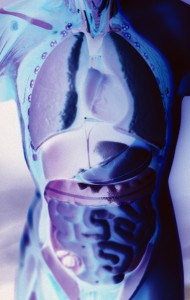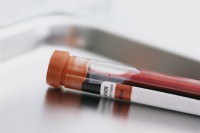
Issels® is delighted to share the news that surprising research has now found that capsaicin, a little known molecule found within the chili pepper plant, has the ability to kill prostate cancer cells. Historically, capsaicin has been used as a therapeutic pain reliever in topical creams. The compound is found in differing quantities depending on the species of pepper. For instance, the bell pepper contains a lot less of it than chili peppers do.
It all started 10 years ago when scientists reported that the compound capsaicin killed prostate cancer cells in mice, while leaving the healthy cells untouched. Such discoveries signified the possibility of a cure for prostate cancer, and motivated more scientists into finding out more about this amazing molecule.
Spurred on by these findings, scientists Ashok Kumar Mishra and Jitendriya Swain tried to gain a deeper understanding of how capsaicin works in removing prostate cancer. The researchers figured out that the molecule binds to a cell’s surface and affects the membrane, which surrounds and protects the cell. They were then able to detect how the compound interacts with cell membranes by monitoring its natural fluorescence. Their study showed that capsaicin lodges in the membranes near the surface.
You should be aware that hot pepper consumption is not equivalent to the use of pure capsaicin. Simply eating peppers won’t work the same way, since the compound is only effective in high dosages.
For more information on non-toxic cancer treatment contact Issels® Integrative Immuno-Oncology to get you started on the road to a natural recovery from cancer.





